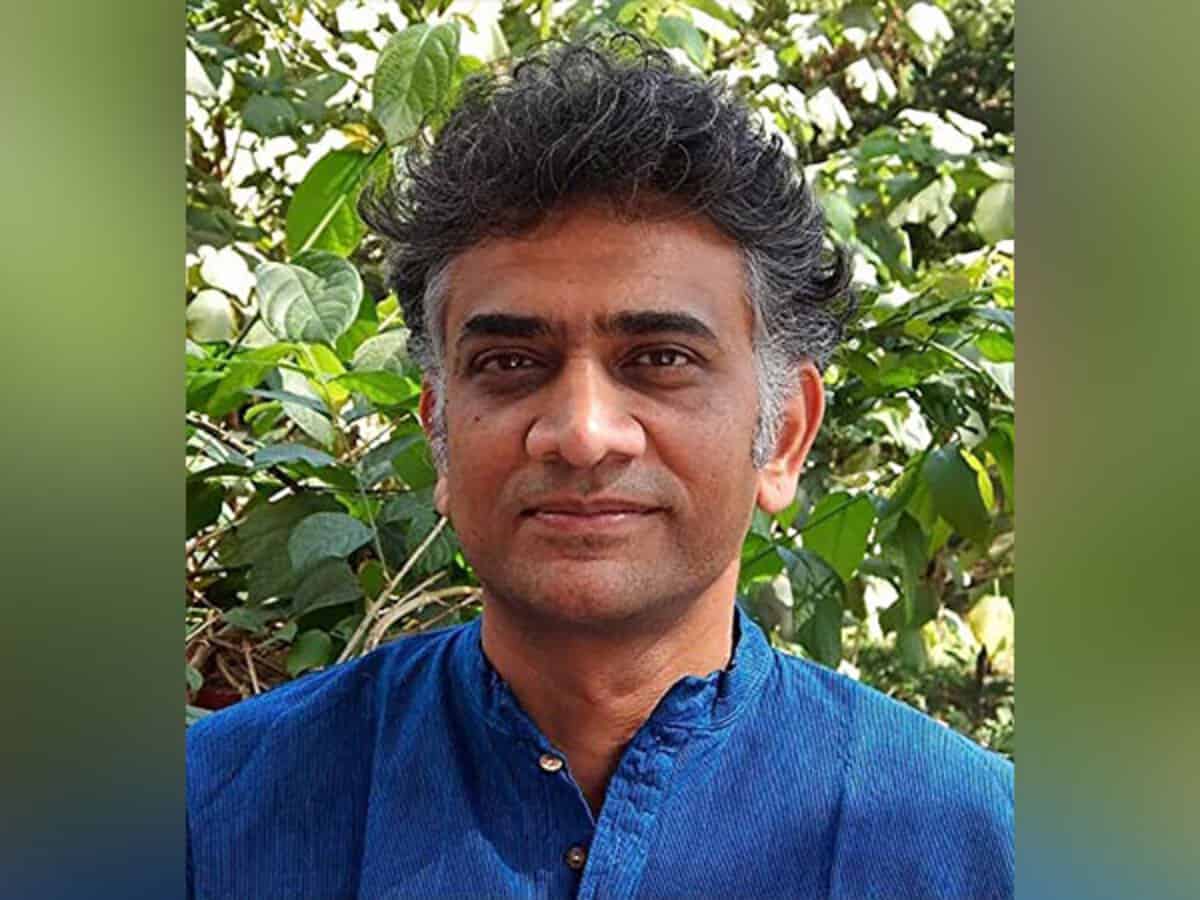
New Delhi: A Sessions Court on Tuesday reserved the order on the Central Bureau of Investigation’s revision petition and extended the stay on the full operation of the Magistrate order directing CBI to withdraw the Look Out Circular (LOC) issued against Aakar Patel in connection with the violation of the Foreign Contributions Regulation Act (FCRA).
Special CBI Judge Santosh Snehi Mann, after the conclusion of the lengthy arguments, said that the order on CBI’s revision petition will be passed on Wednesday (tomorrow).
During the arguments, the CBI informed the court that the concerned authority has given sanction to prosecute ex-Amnesty India head, Aakar Patel.
“This means that trials against Aakar Patel and Amnesty India for FCRA violations can start. The trial could not start because no sanction was given by the government,” said CBI Prosecution Nikhil Goel.
Advocate Tanveer Ahmad Mir, appearing for Patel, opposed the contentions raised in the reply filed by CBI, and submitted that CBI’s reply is bad in law and beyond the provisions of the Constitution.
He also questioned why the sanction has come now “because the situation has got confabulated. They file a chargesheet and only dates were given. The date is not tomorrow. They didn’t do what they were ordered to do.”
Sessions court was presently hearing a revision petition filed by CBI challenging the Magistrate Court order directing the CBI to withdraw the Look Out Circular (LOC) issued against Aakar Patel in connection with the violation of the Foreign Contributions Regulation Act (FCRA).
Earlier, the court directed Aakar Patel not to leave India without prior permission while staying an order directing the CBI director to file an apology.
A Special Magistrate Court, last week, directed the Central Bureau of Investigation (CBI) to withdraw the Look Out Circular (LOC) issued against journalist and human rights activist Aakar Patel in connection with the violation of the FCRA.
Additional Chief Metropolitan Magistrate Pawan Kumar of Rouse Avenue Court said last week, “Considering the facts and circumstances of this case and the law laid down by the High Court of Delhi, this court is of the considered view that the LOC is liable to be set aside. Therefore, the CBI is directed to withdraw/recall the LOC issued against the accused immediately.”
In the present scenario, the Director of CBI is expected to sensitize the officials who are part of the issuance of LOC. It is further expected that accountability of the officials concerned, in this case, be fixed, the court added.
During the arguments, the CBI opposed the application saying that the charge sheet was filed without arrest and that the application was moved in anticipation that Patel will flee from justice; there was the likelihood of the accused fleeing from justice if he was allowed to leave the country.
Patel, who was stopped at Bengaluru Airport from boarding a flight to the United States on Wednesday last week, moved the court and sought removal and withdrawal of LOC issued against him.
The former chief of Amnesty International India took to their Twitter account, which is not verified, to tweet: “Stopped from leaving India at Bangalore airport. Am on the exit control list. Got passport back through court order specifically for this trip to the US.”
Notably, in September 2020, Patel was booked under Sections 153 A (Promoting enmity between different groups on grounds of religion, race, place of birth, residence); 295 A (Deliberate and malicious acts, intended to outrage religious feelings); spreading a fake message with the intent to incite, any class or community of persons to commit any offence against any other class or community under 505 (1) B, 505 (1) C; Defamation under Sections 499, and 500 of the Indian Penal Code for three of his tweets against Prime Minister Narendra Modi, Bharatiya Janata Party (BJP)-Rashtriya Swayamsevak Sangh (RSS), and Ghanchi caste.
In June 2020, an FIR was registered against Patel under Sections 117 (abetting commission of an offence by the public or by more than 10 persons), 153 (wantonly giving provocation with intent to cause riot), and 505-1-B (intent to cause, or which is likely to cause, fear or alarm to the public, or to any section of the public) of the Indian Penal Code (IPC) at the JC Nagar police station over his controversial comments on social media under charges pertaining to provocation with intent to cause riots.

